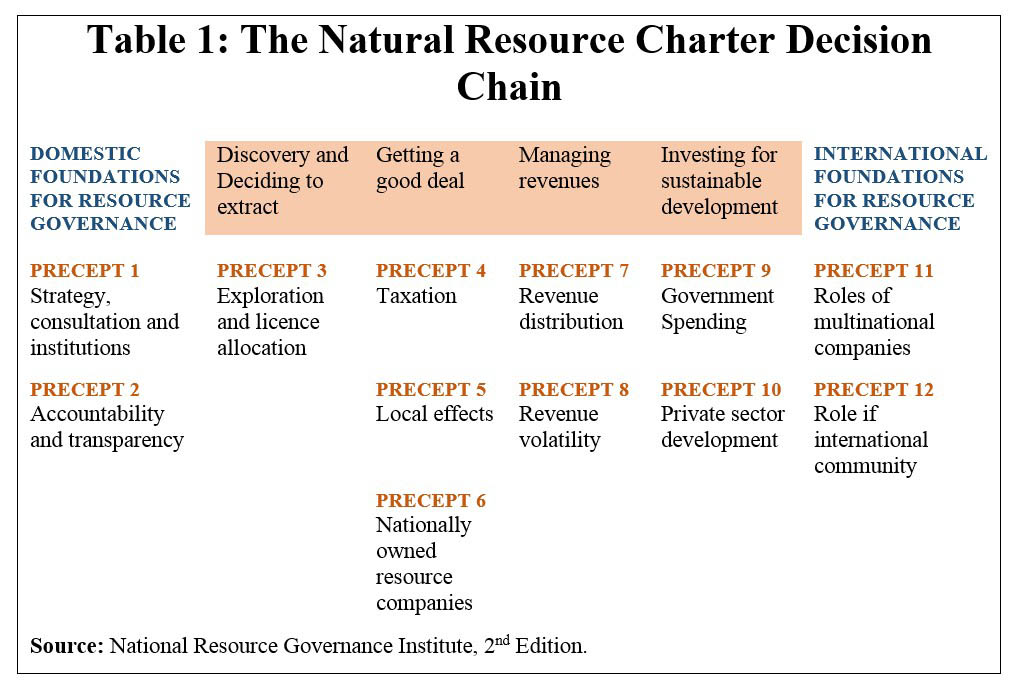Today’s column addresses the third and final policy choice that I anticipate Guyana will have to make in this decade. Simply put, the choice is, whether or not to establish by the end of the 2020s, a National Oil Company, (NOC). As readers know, presently, international oil companies (IOCs) dominate operational decision making and control of all critical phases of Guyana’s infant petroleum sector. It is confidently anticipated that this profile will continue into the coming decade, if left to run its present course. My prediction is that, on this course, the most probable organizational sector outcome is increasing variation in the nationalities of the IOCs involved. That convinces me that, it is only an NOC, which can vary this dynamic. The Department of Energy, DoE, which basically represents Government interests, focuses on oversight functions and policy framework guidelines.
I have advocated for years now the establishment of an NOC in Guyana. Indeed, this proposition was first raised in connection with the public debates about whether Guyana should build a state-owned oil refinery. I had participated in these previous debates, when the Pedro Haas feasibility study on a project commissioned by the Government of Guyana (GoG) was presented and debated three years ago. I had strongly rejected the idea at the time. Readers would recall also the Haas study had found such a refinery to be too risky, costly, expensive and uneconomic. Global trends had revealed a growing surplus of refinery capacity, which made the idea even more ill-advised.
NOC Profile
I had advocated an NOC along the lines proposed in Precept 6 of the Natural Resources Governance Institute’s (NRGI) Precepts. Precept 6 of the National Resources Charter, NRC, states: “NOCs should be accountable, with well-defined mandates and an objective of commercial efficiency.” Such an NOC I recommend to pursue sustainable governance of Guyana’s petroleum resources.

NRGI (NOC)
In the NRGI precepts, the NOC is portrayed as “a key component in a strategy to harness development potential” from Guyana’s world class potential oil and gas reserves. As such it is designed to yield several benefits for Guyana. First, it seeks to capture as much as is economically efficient of the economic rent yielded by the petroleum potential. That is, it balances a trade-off between state benefits captured and losses through deterring private investment. It also recognizes that taxes may not capture all potential economic rent. Second, an NOC offers a means whereby technology can be transferred from the operating IOCs (particularly in the offshore sector) to local businesses and investors. Third, a similar facilitation is expected to occur in the form of “transfer of efficient business practices” to local commercial entities and entrepreneurs.
From the specific perspective of decision-making the nation can also benefit in other ways from an NOC. Thus, fourth, the existence of an NOC reduces the information asymmetry, which bedevils the operation of IOCs in poor countries. It is universally recognized that, when information is lacking, the best use of resources is most unlikely. Information is therefore key to the efficient use of Guyana’s petroleum resources. An NOC facilitates the flow of such information.
The above brings further immeasurable benefit. Fifthly, as the metaphor goes, an NOC gives Guyana a “seat-at-the-table” of decision-making about the disposition of its natural resources. This means direct influence in operational decision making in the sector. With a seat at the Table, Guyana is positioned to influence upstream petroleum sector outcomes and therefore yield benefits from a local content policy and the construction of domestic linkages within the oil and gas sector, and between that sector and the non-petroleum sectors of Guyana.
It follows then that an NOC should be evaluated from a dynamic perspective. That is, in a context that responds to the evolution of Guyana’s petroleum sector at the global, regional, and national level. Such a development and its associated activities have to be driven by both the context and needs of the general environment in which the NOC is located. In this way great care has to be taken in assigning to the NOC its appropriate roles and responsibilities, as well as its guiding governance principles.
A close reading of the above observations suggests that, essentially, an NOC for Guyana should be viewed as an instrument for its development. Particularly, one that seeks to protect Guyana’s national interests in an environment where at present, the private commercial interests of IOCs are the main operational drivers. As I shall indicate later, it costs the State to establish a NOC. These bodies therefore carry an opportunity cost and in turn must therefore yield equivalent to or more benefit than costs to establish, in order to justify them. As I shall also observe, in seeking to achieve this, the State will incur risks!
Conclusion
I consider those issues further next week along with indicating the present size and importance of NOCs in today’s global energy environment.






